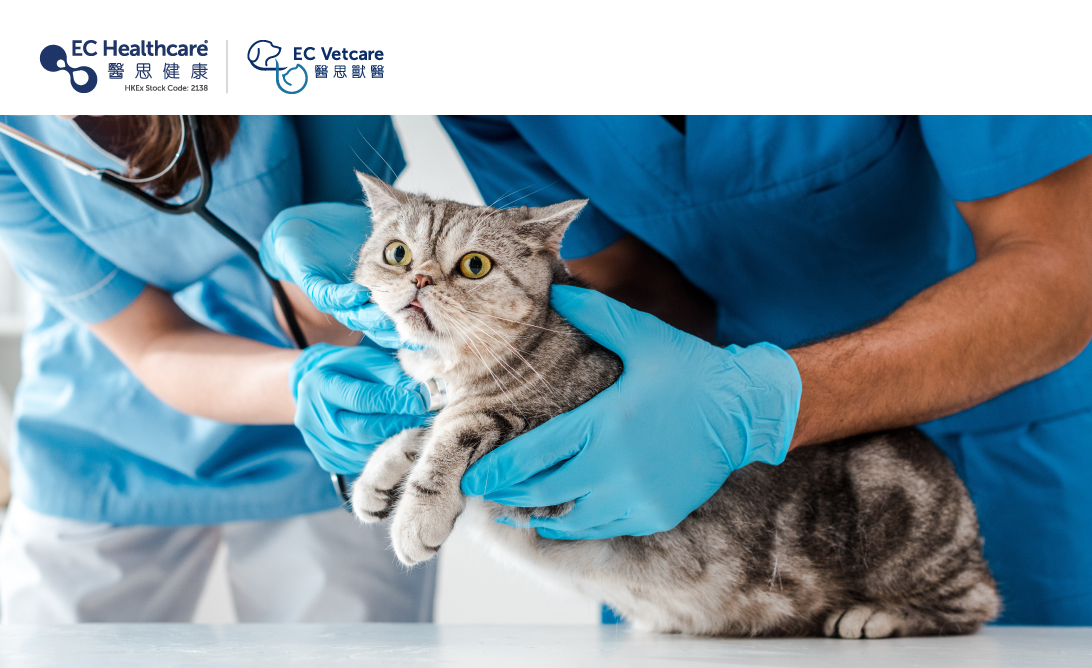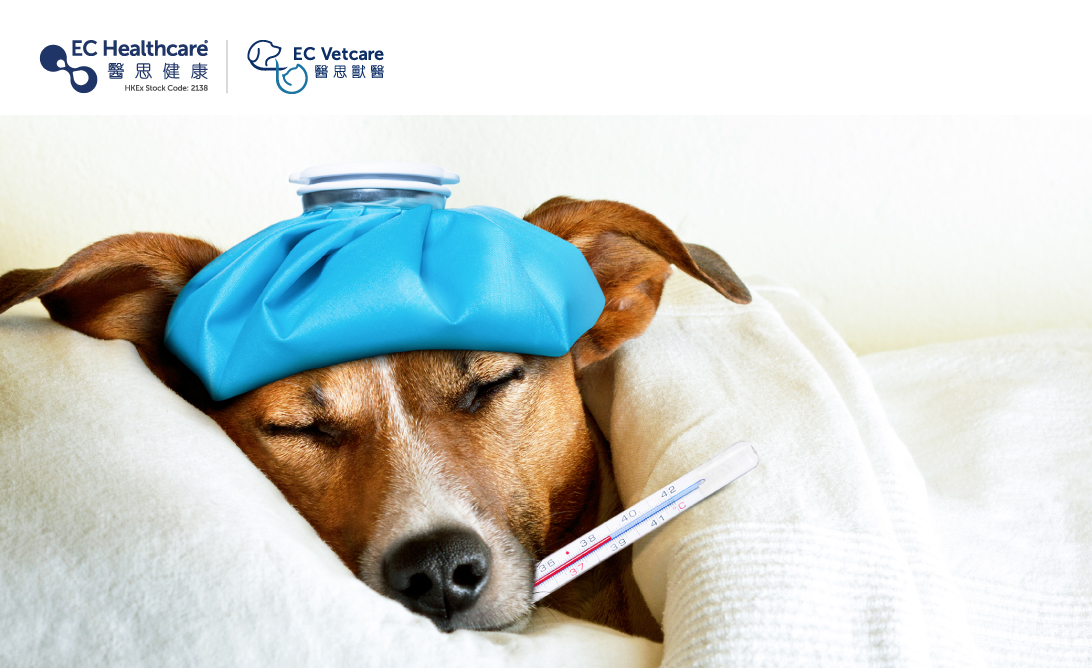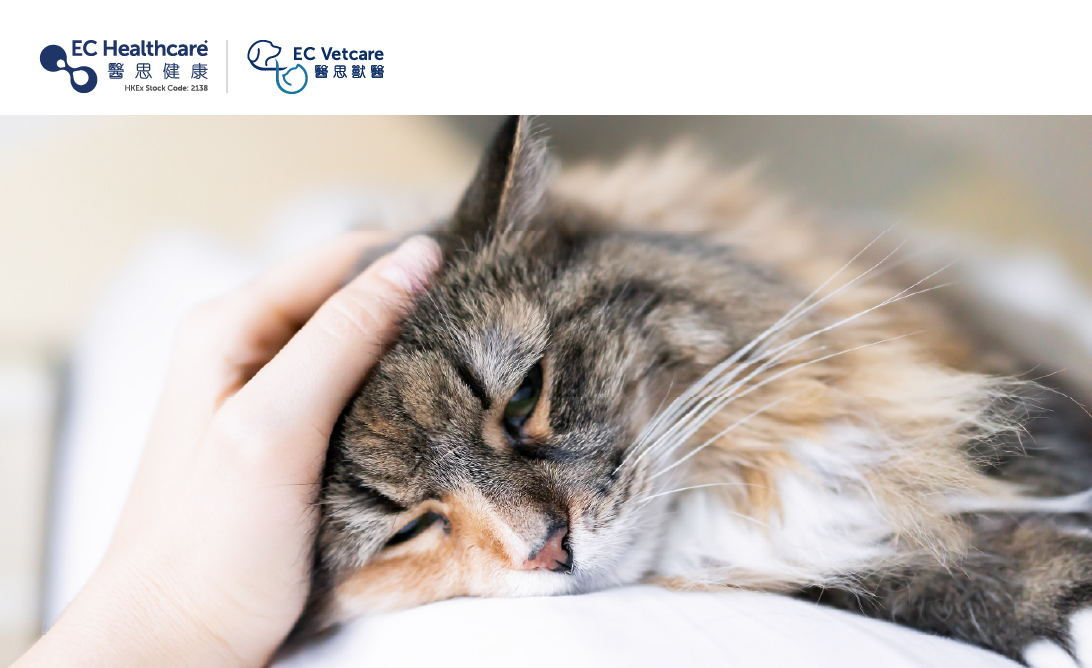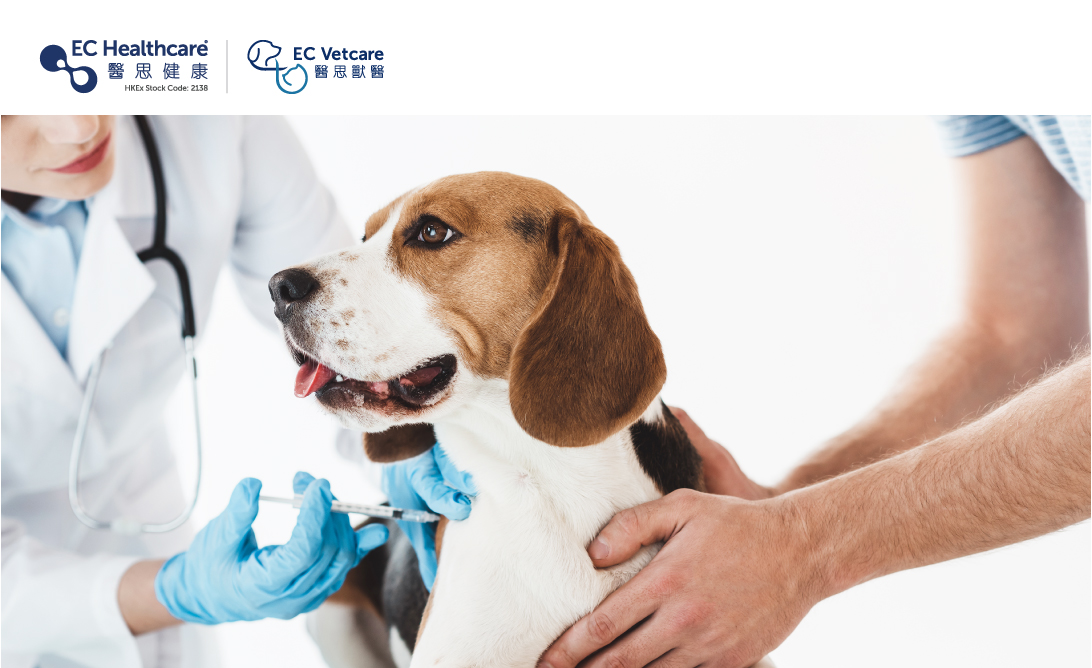Pet Swallowing Foreign Objects: How to Handle It? What Symptoms to Look Out For? The Critical 72 Hours


Pets love to explore their surroundings and have a knack for putting things in their mouths. From electrical cords and tissues to small toys, plastic items, and long ropes/cords, they seem to have an affinity for all sorts of foreign objects. Pet owners have become accustomed to dealing with situations involving swallowed foreign objects. Pet owners can't help but feel worried and anxious whenever their pets swallow something they shouldn't. What symptoms should they look out for when it comes to swallowed foreign objects? And what can pet owners do in such situations?

Common Symptoms of Pets Swallowing Foreign Objects
1. Vomiting: After swallowing a foreign object, both cats and dogs may experience a self-protective mechanism that triggers the vomiting reflex. This is an attempt to expel the foreign object, causing them to exhibit prolonged or frequent episodes of vomiting, sometimes with the presence of food residue or the foreign object itself.
2. Excessive Drooling: Swallowing foreign objects can irritate the oral mucosa, trigger the vomiting reflex, and cause gastrointestinal discomfort or indigestion in cats and dogs. These reactions can lead to increased saliva production in pets.
3. Abdominal Pain: Similar to how humans experience stomachaches from consuming the wrong food, swallowed foreign objects can irritate the gastrointestinal mucosa in cats and dogs, leading to inflammatory responses. Additionally, when the foreign object causes obstruction in the digestive tract or esophagus, the accumulation of digestive fluids and food can result in abdominal distension.
4. Fever: If the foreign object carries bacteria or other microorganisms, it can lead to an infection in pets, resulting in a fever.
5. Rapid Breathing: When pets experience discomfort such as abdominal distension, inflammation, anxiety, or pain, it can affect the normal functioning of their respiratory system. If the foreign object becomes lodged in the pet's airway, they may experience difficulty breathing or rapid breathing.
6. Decreased Appetite: The presence of a foreign object can cause abdominal pain, digestive issues, and gastrointestinal discomfort in pets. Additionally, the obstruction of normal digestion can lead to a decrease in appetite.
7. Lethargy/Abnormal Behavior: Due to physical discomfort, pets may exhibit signs of inactivity, avoidance of touch, or a subdued and indifferent demeanor. Some foreign objects may have toxic effects on the body of cats and dogs, affecting the central nervous system and causing mental and behavioral abnormalities.
Acting Swiftly: Dealing with Pet Swallowed Foreign Objects within 72 Hours
Often, pet owners don't notice their pet swallowing a foreign object right at the moment it happens. The object may already be lodged in the throat, esophagus, stomach, duodenum, ileum, colon, or other locations. As a result, the majority of cases involving swallowed foreign objects in pets require surgical intervention to remove them. If you notice that your pet has swallowed something they shouldn't, it's crucial to promptly visit a veterinary clinic. This allows for a thorough examination, including abdominal palpation, X-rays, ultrasound, or gastrointestinal contrast imaging. These tests help determine the type and location of the foreign object and allow the veterinarian to assess its potential impact on your pet's health.
If the foreign object becomes lodged in the pet's throat or esophagus, the veterinarian may use specialized tools such as endoscopes or laryngoscopes to remove it after sedating the pet. If the object has reached the lower part of the esophagus or the stomach, the veterinarian may consider using a gastrointestinal endoscope for removal. However, in the following situations, an open abdominal surgery is necessary:
.The foreign object has caused intestinal damage or tearing.
.The foreign object is linear in shape.
.The foreign object is excessively sharp or significantly large.
.Removal using a gastrointestinal endoscope may risk intestinal damage.
.The foreign object has passed into the intestines.Don't assume that everything will be fine after removing the foreign object. The 72 hours following an abdominal surgery are a critical period for intestinal healing! If your cat or dog experiences fever, severe vomiting, abdominal fluid, low protein levels, or appears weak and lethargic, it could indicate poor healing of the intestinal wound, posing a life-threatening risk. In light of this, owners must closely monitor their pet's temperature and symptoms during this period and visit the veterinary clinic for blood tests and ultrasound examinations as scheduled.
Related Brands



